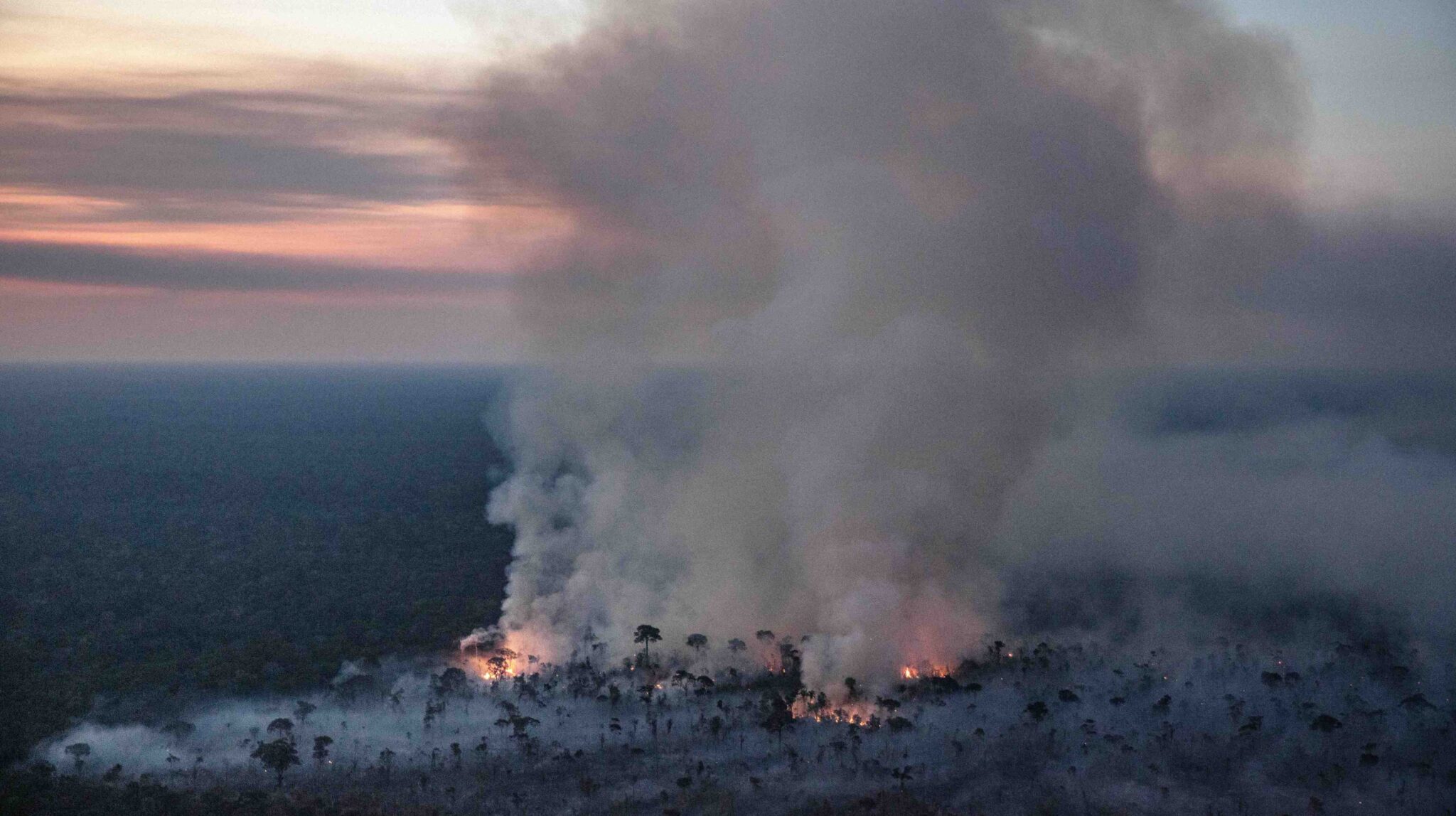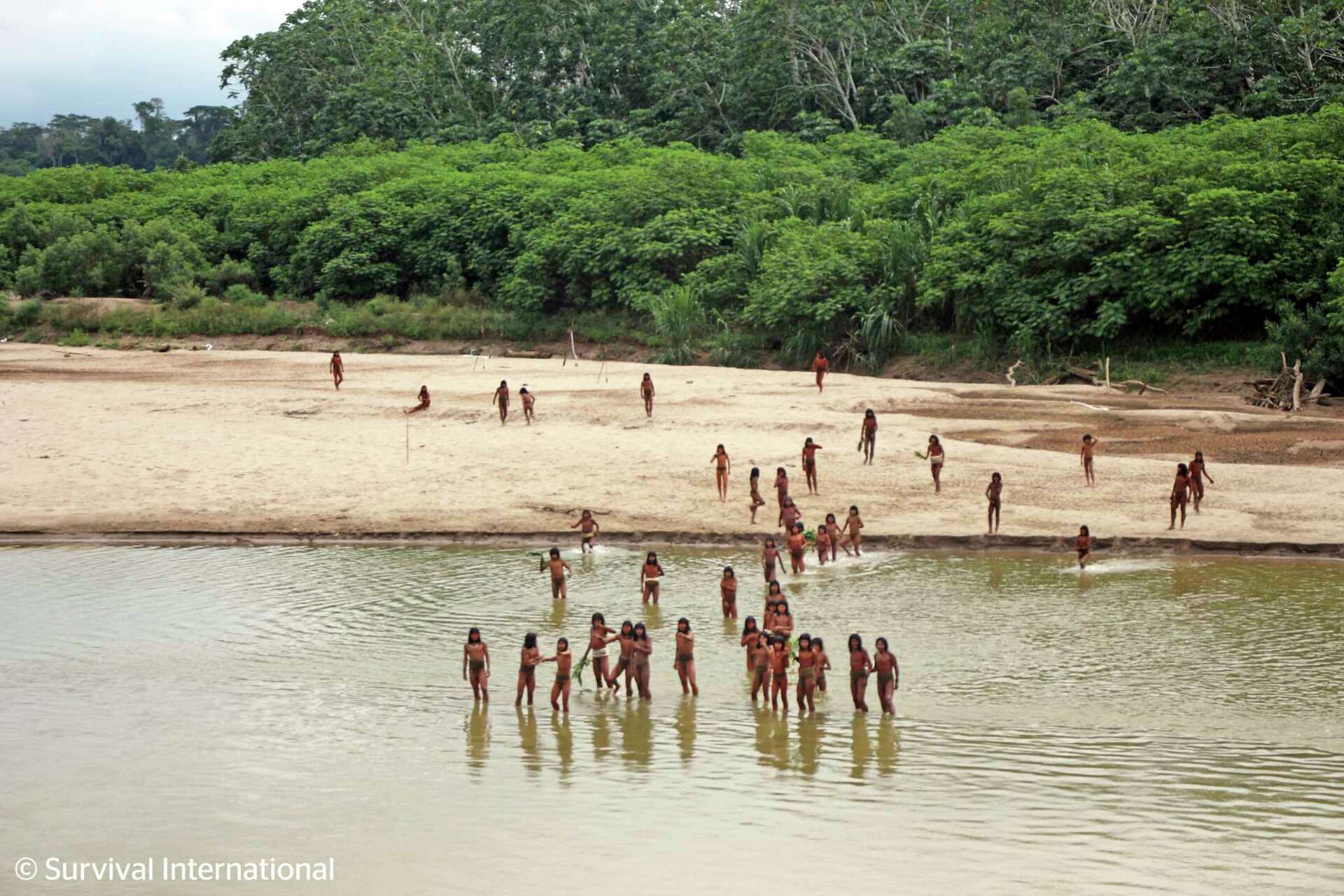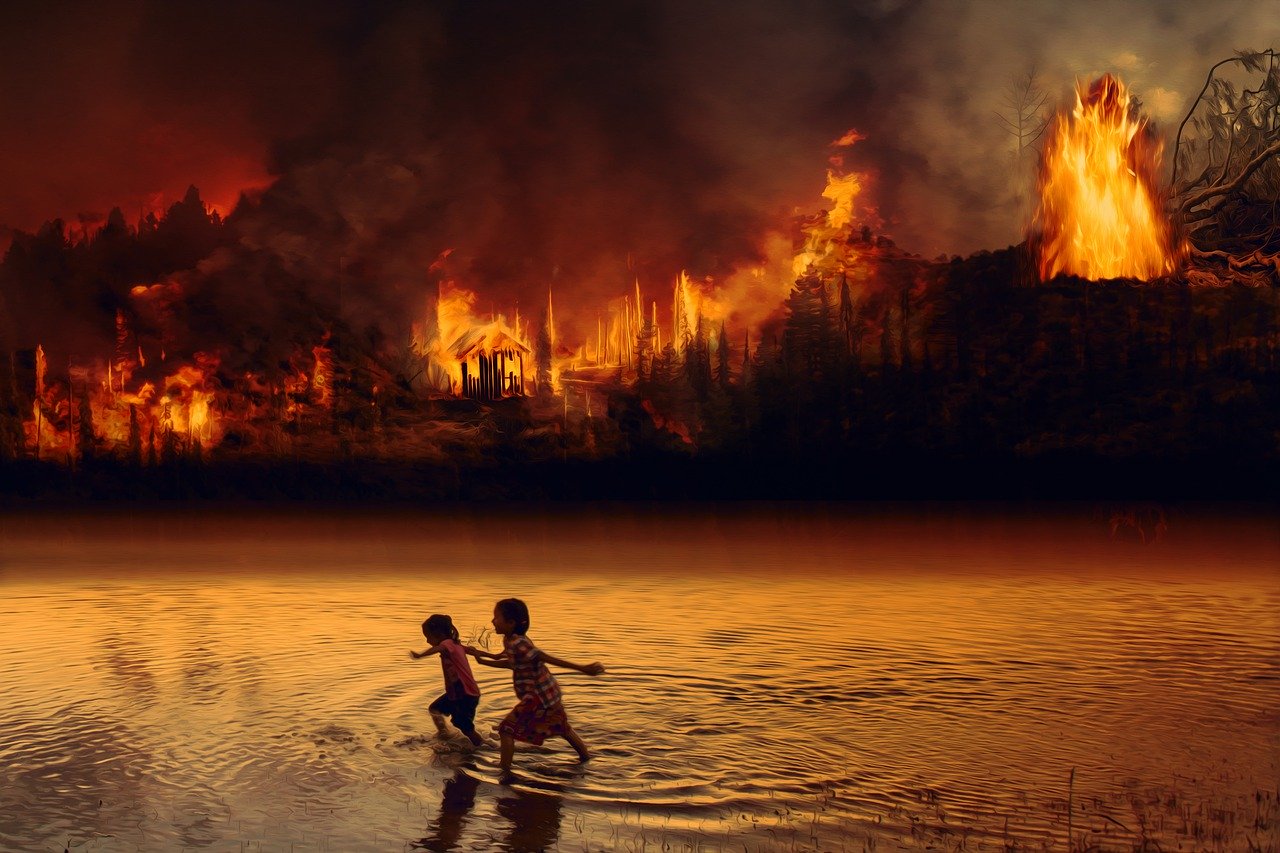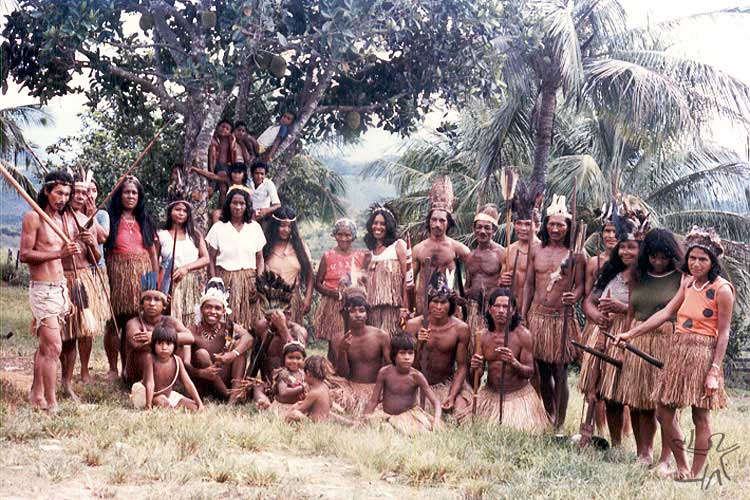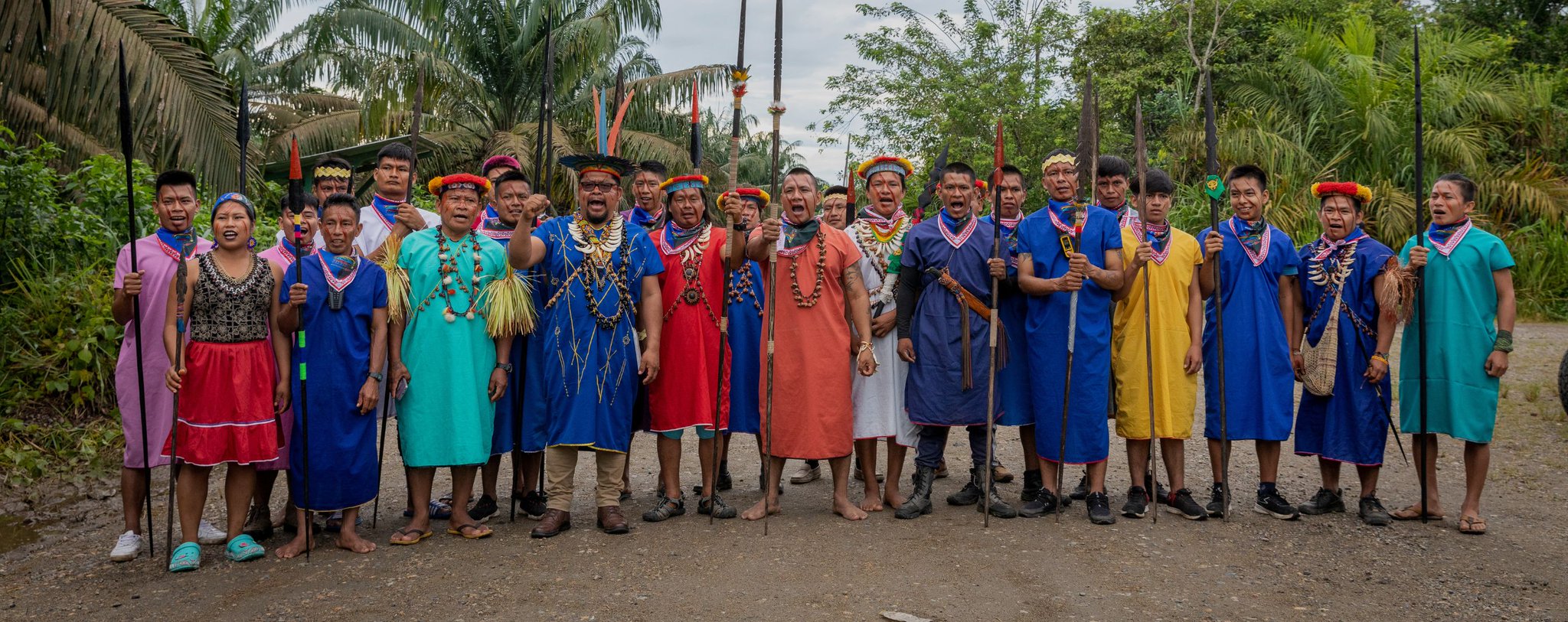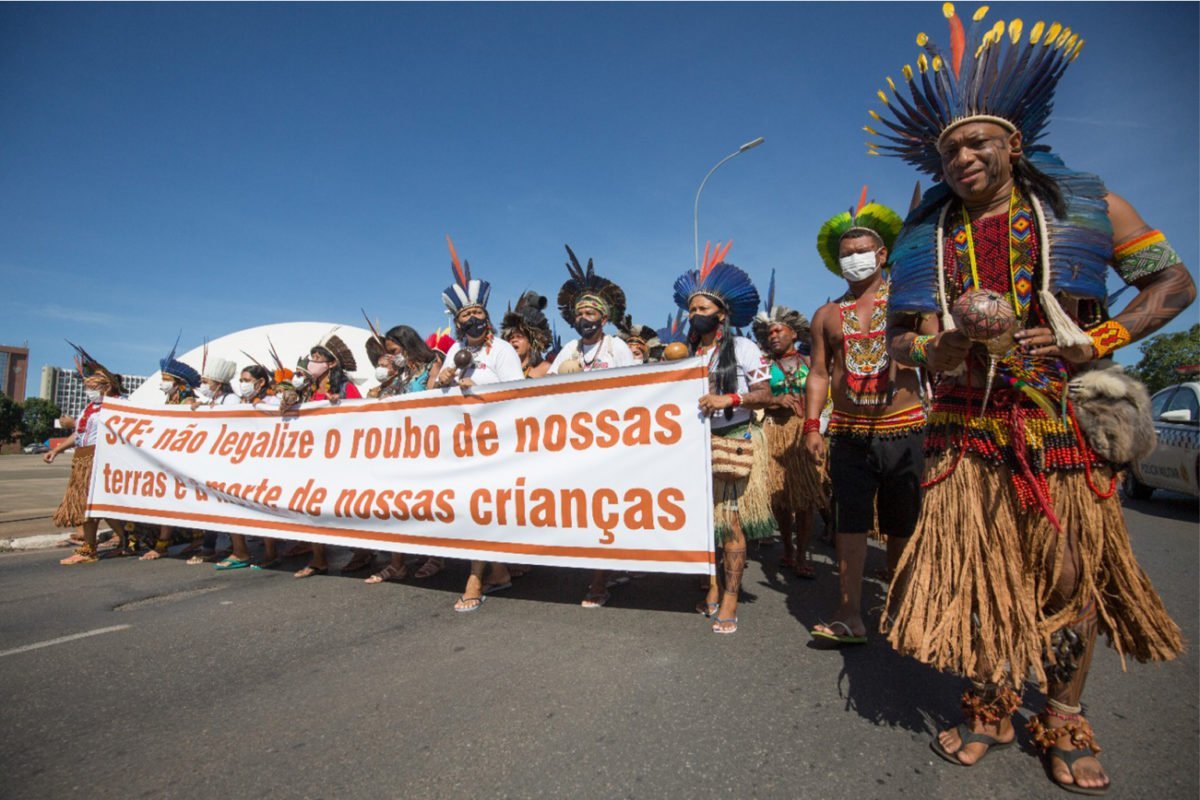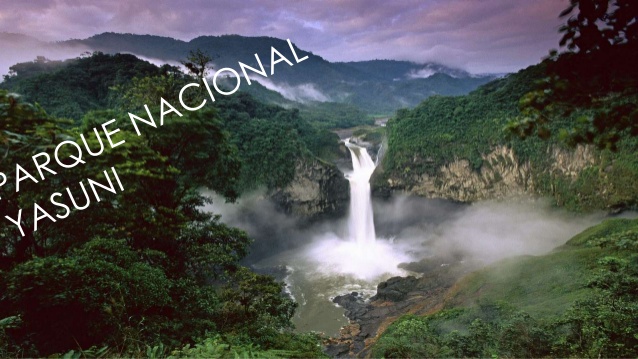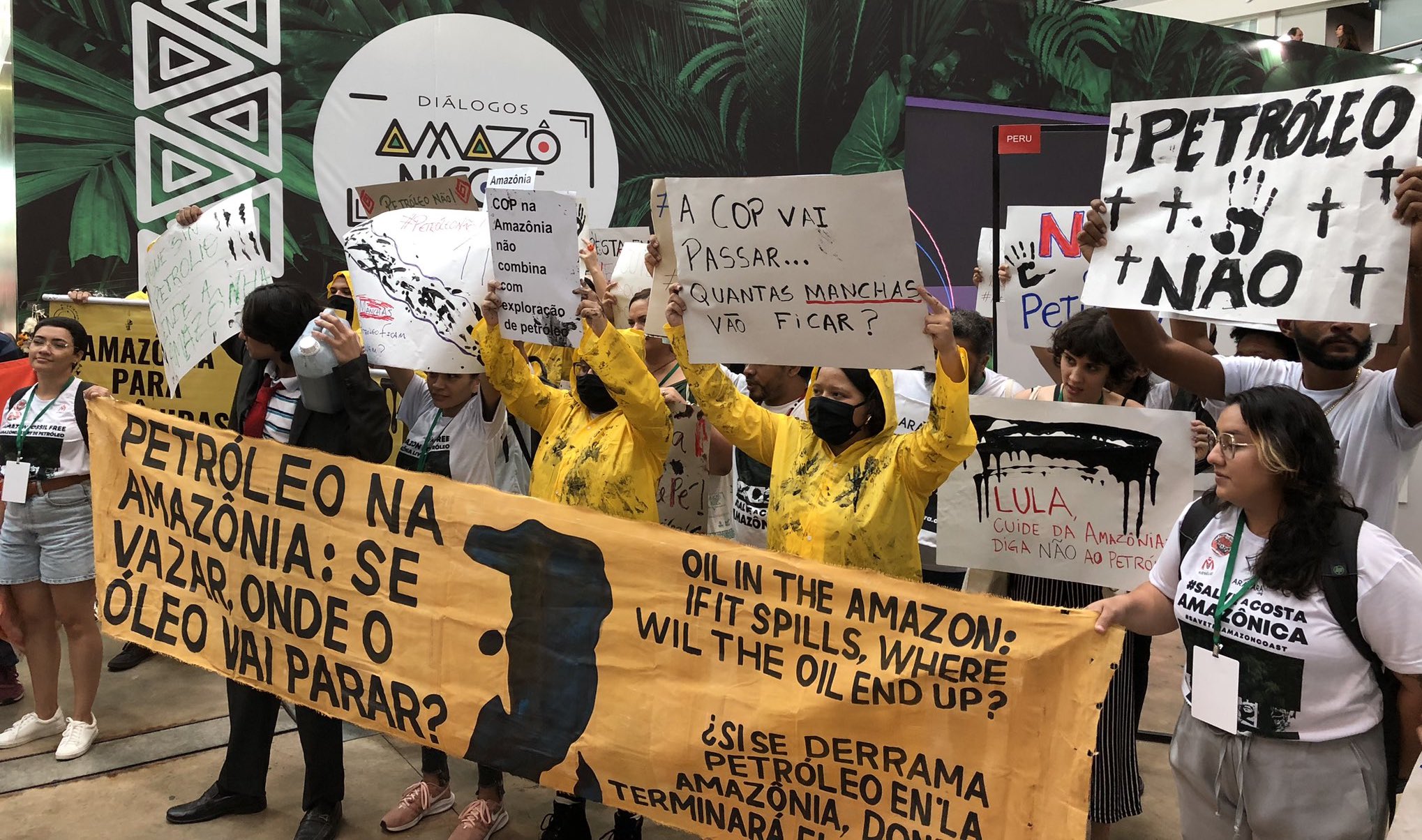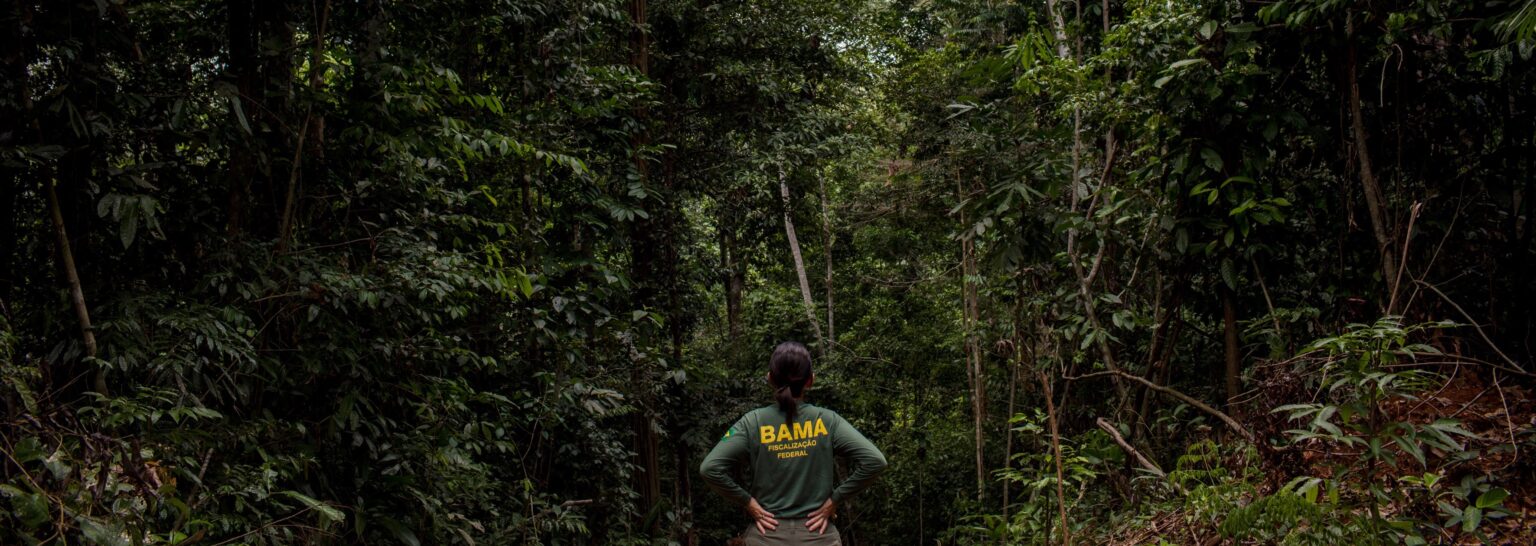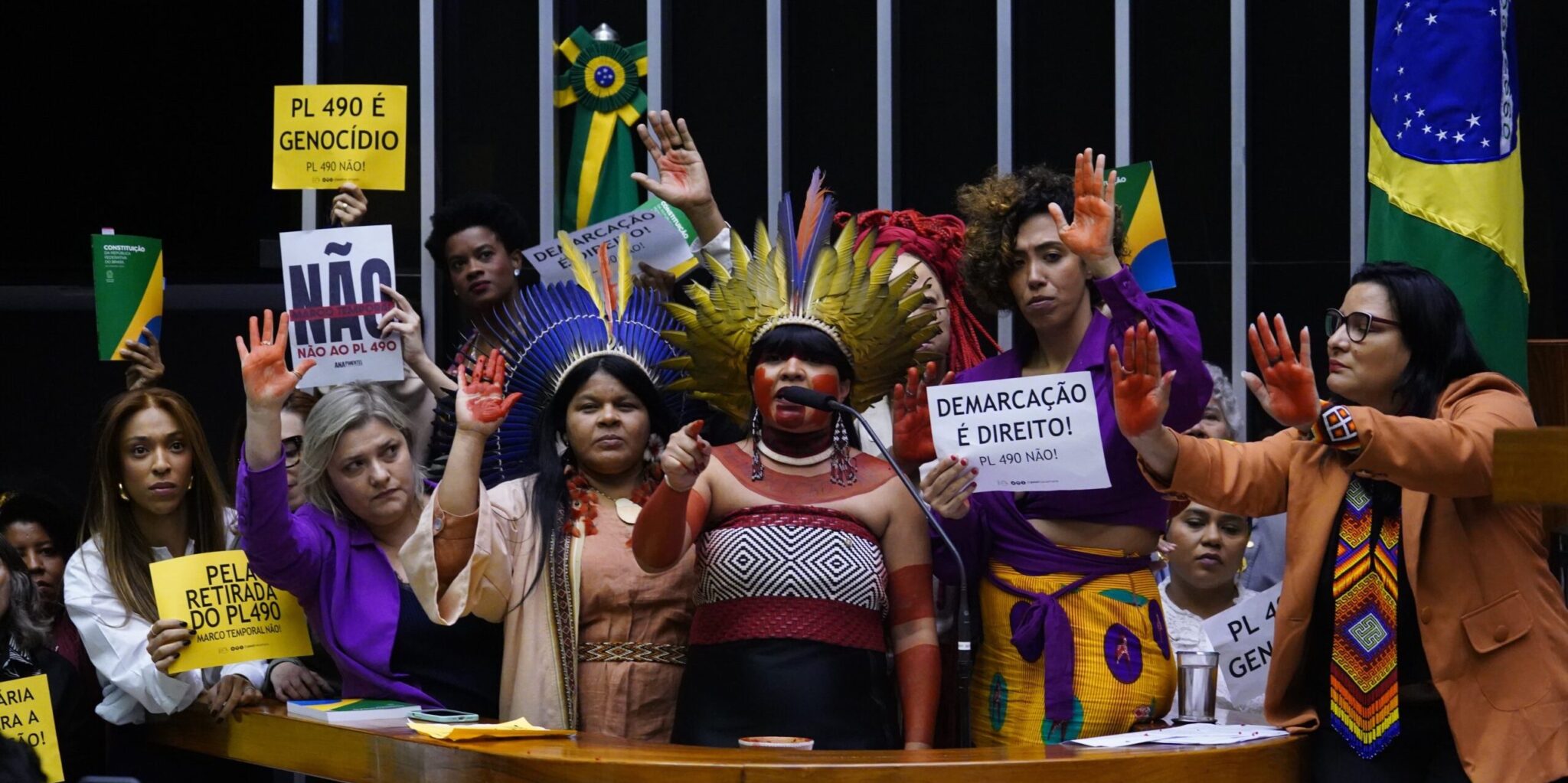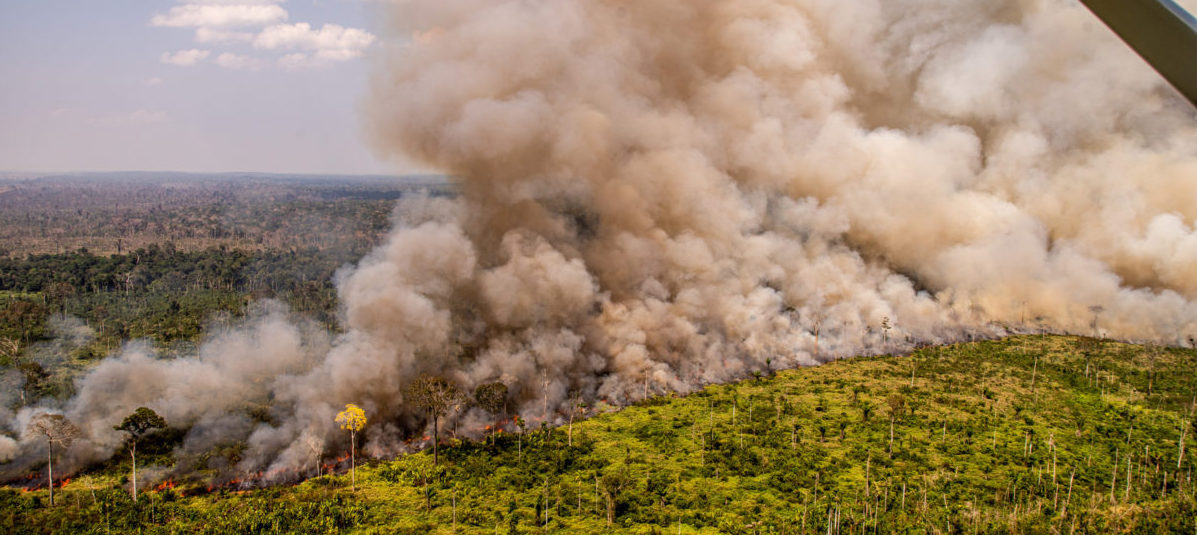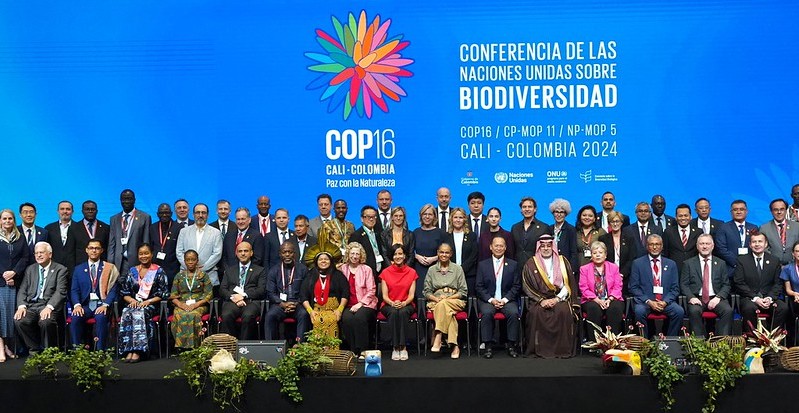
COP16 adopts agreement on indigenous peoples
Meeting in Cali, Colombia, the 16th Conference of the Parties to the Convention on Biological Diversity (COP16) adopted several agreements regarding an expanded role for indigenous peoples in biodiversity preservation efforts. A new agreement on Article 8J of the Convention aims to enhance the place of indigenous knowledge and participation in crafting the Global Biodiversity Framework. Delegates agreed to establish a “subsidiary body” under Article 8J to include indigenous peoples in future decisions on nature conservation, and oblige private corporations to share the benefits of research when tapping genetic resources under the stewardship of indigenous communities. (Photo: UN Biodiversity via Flickr)



